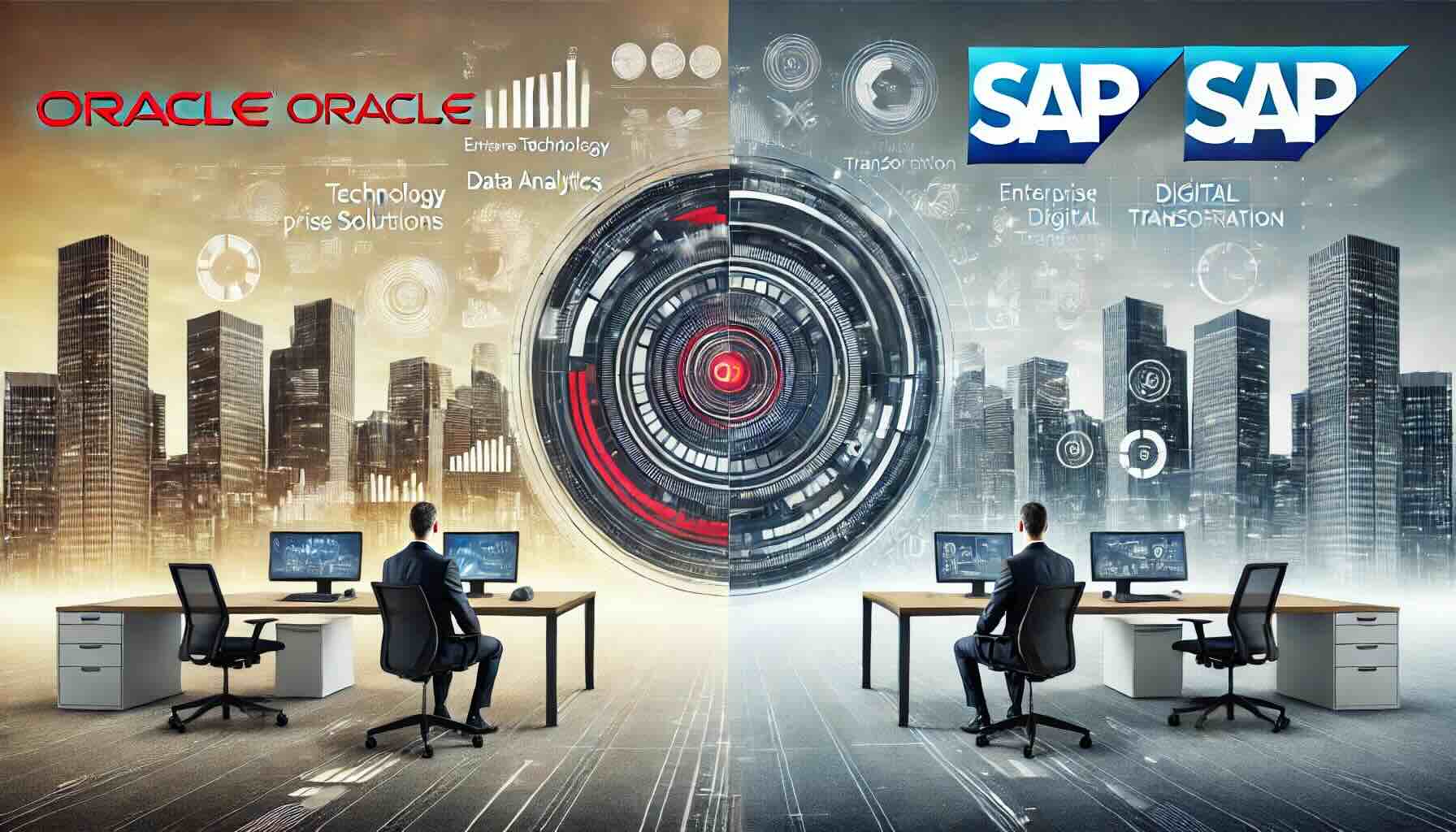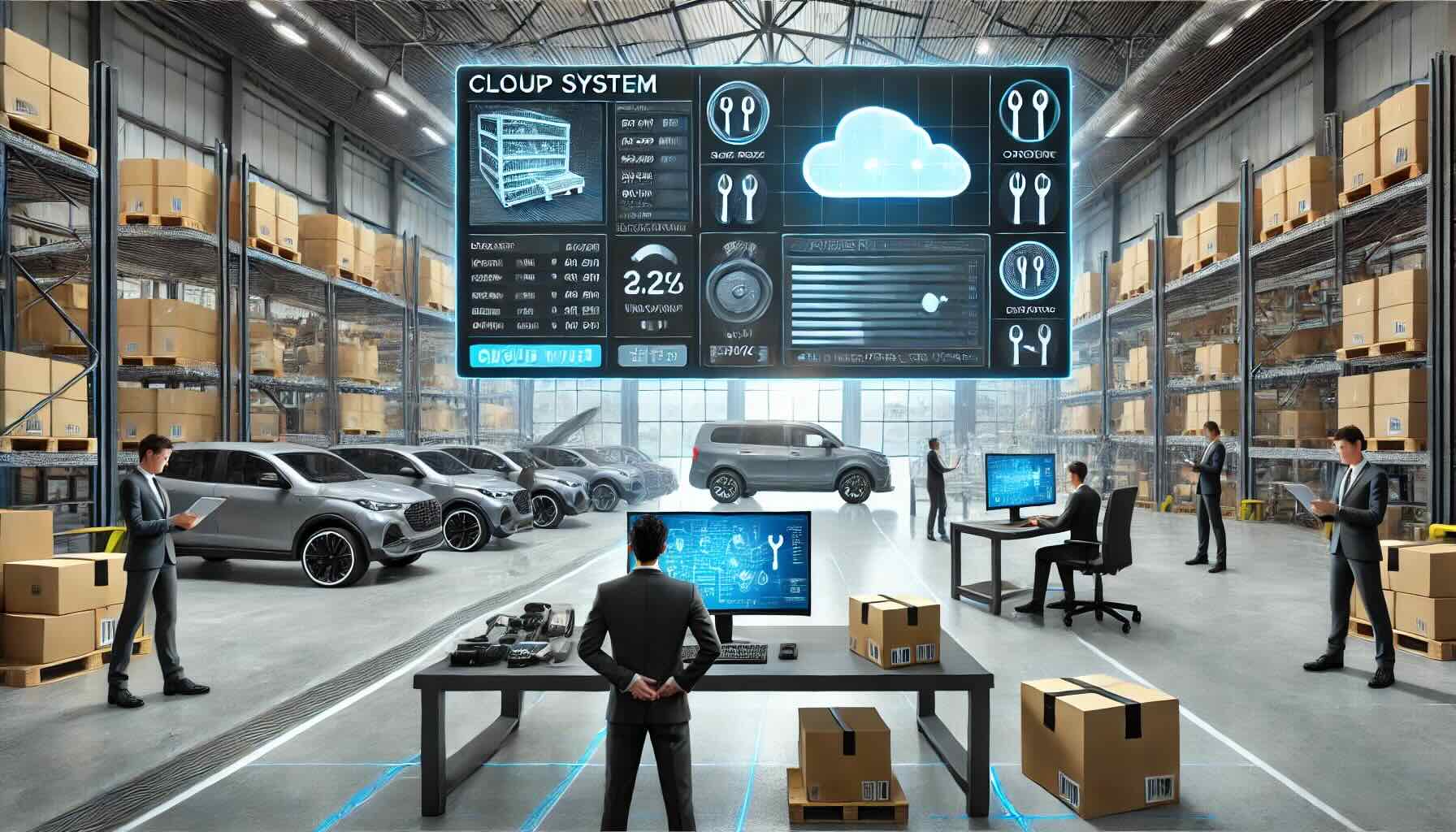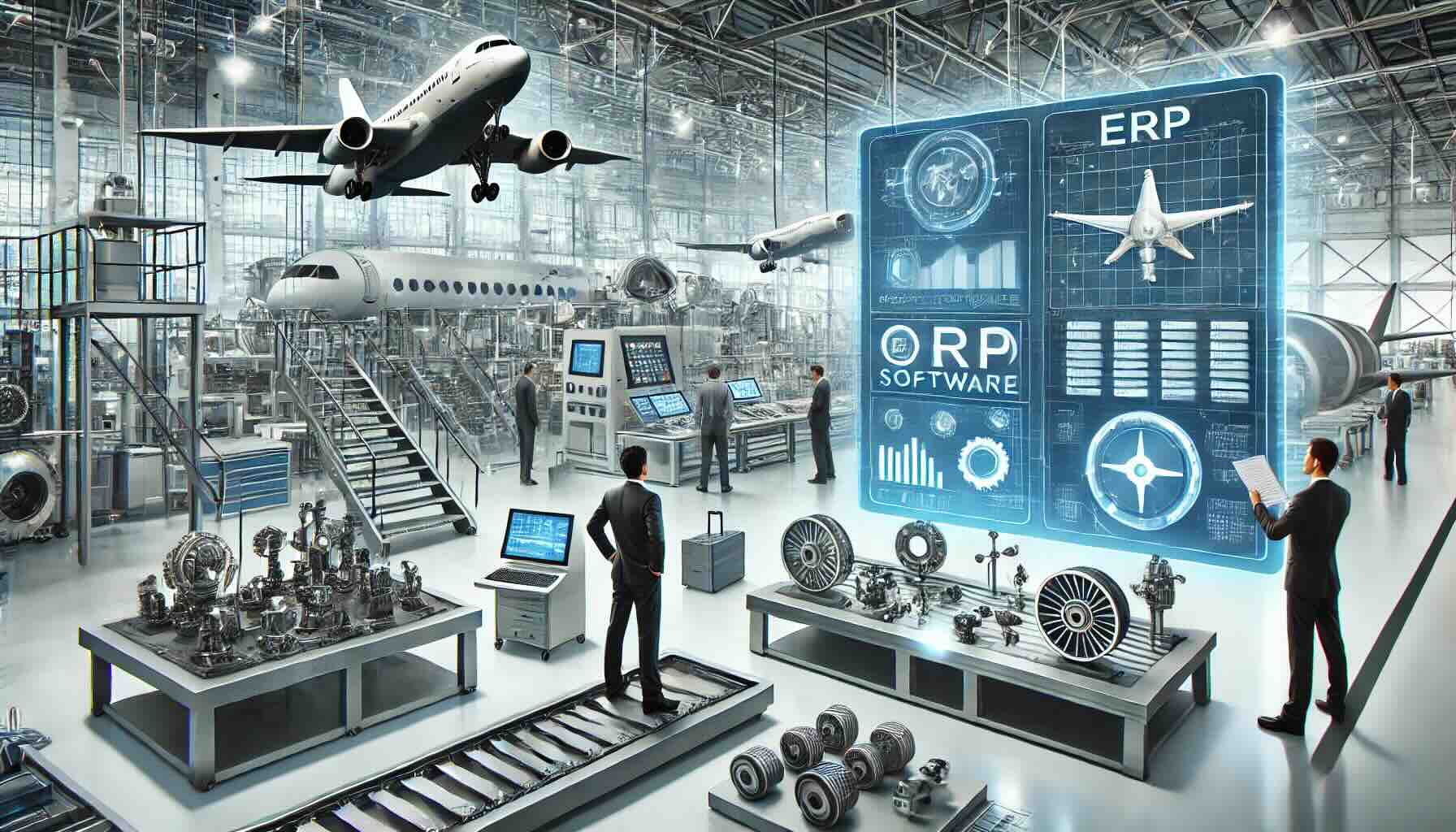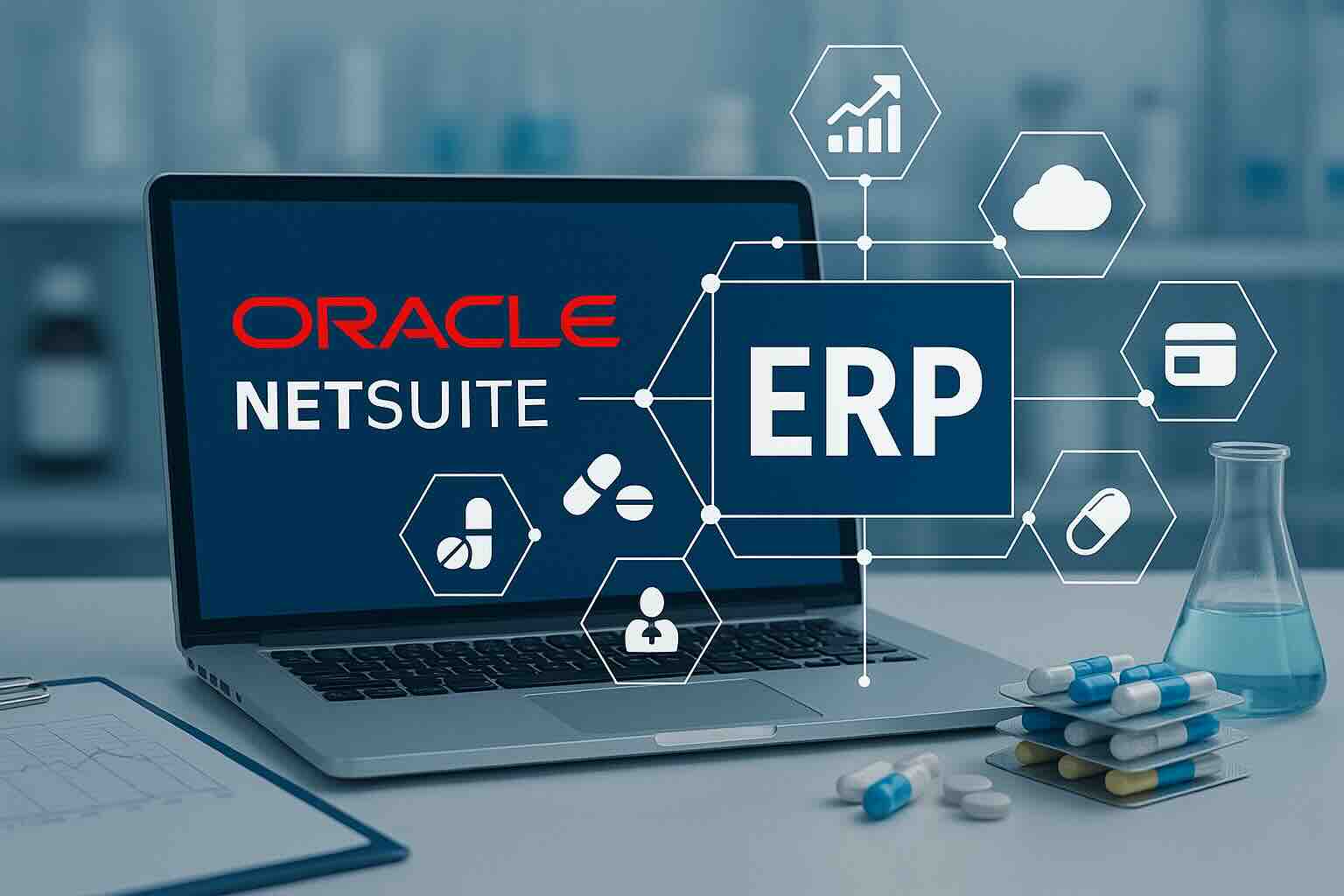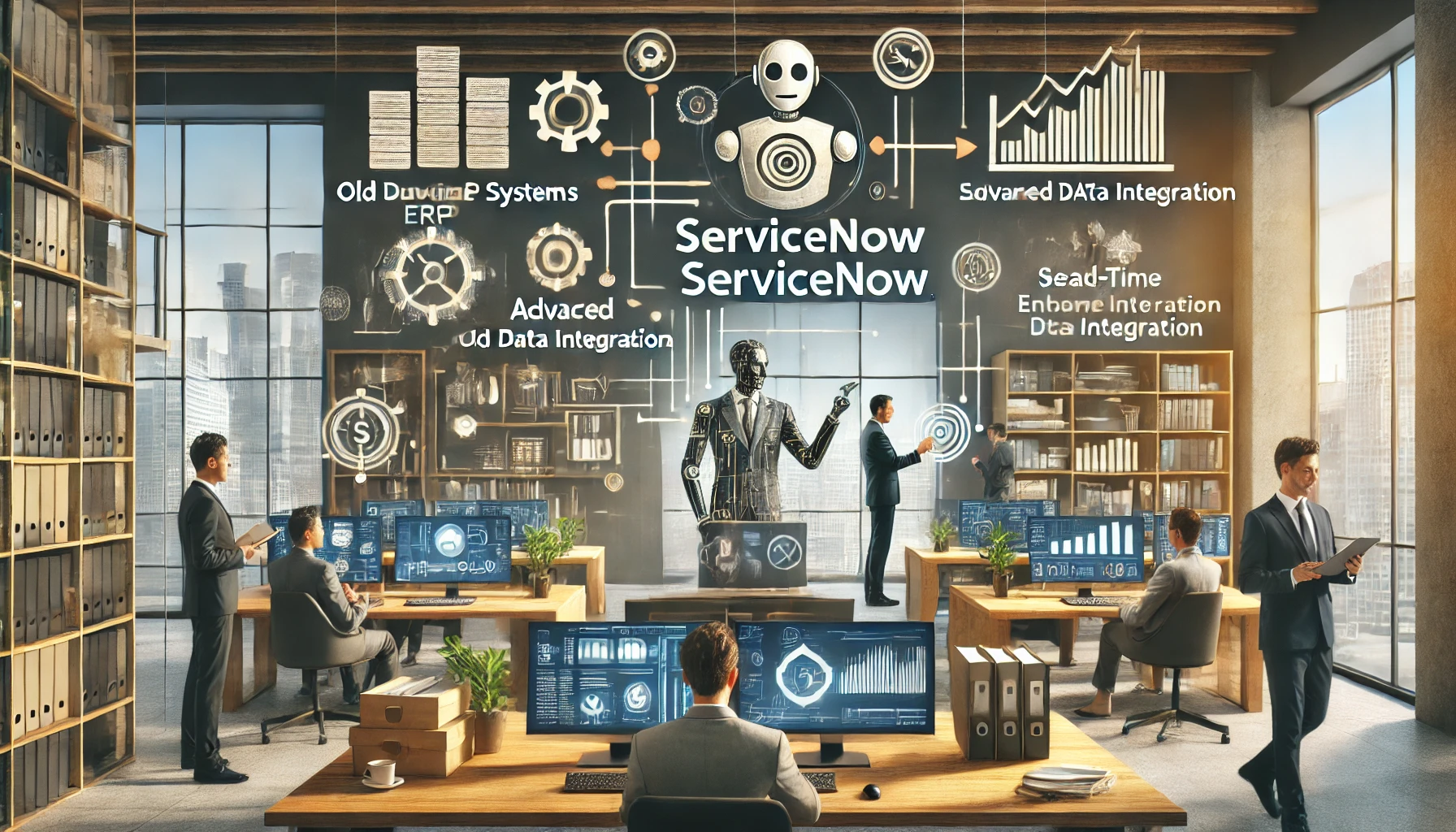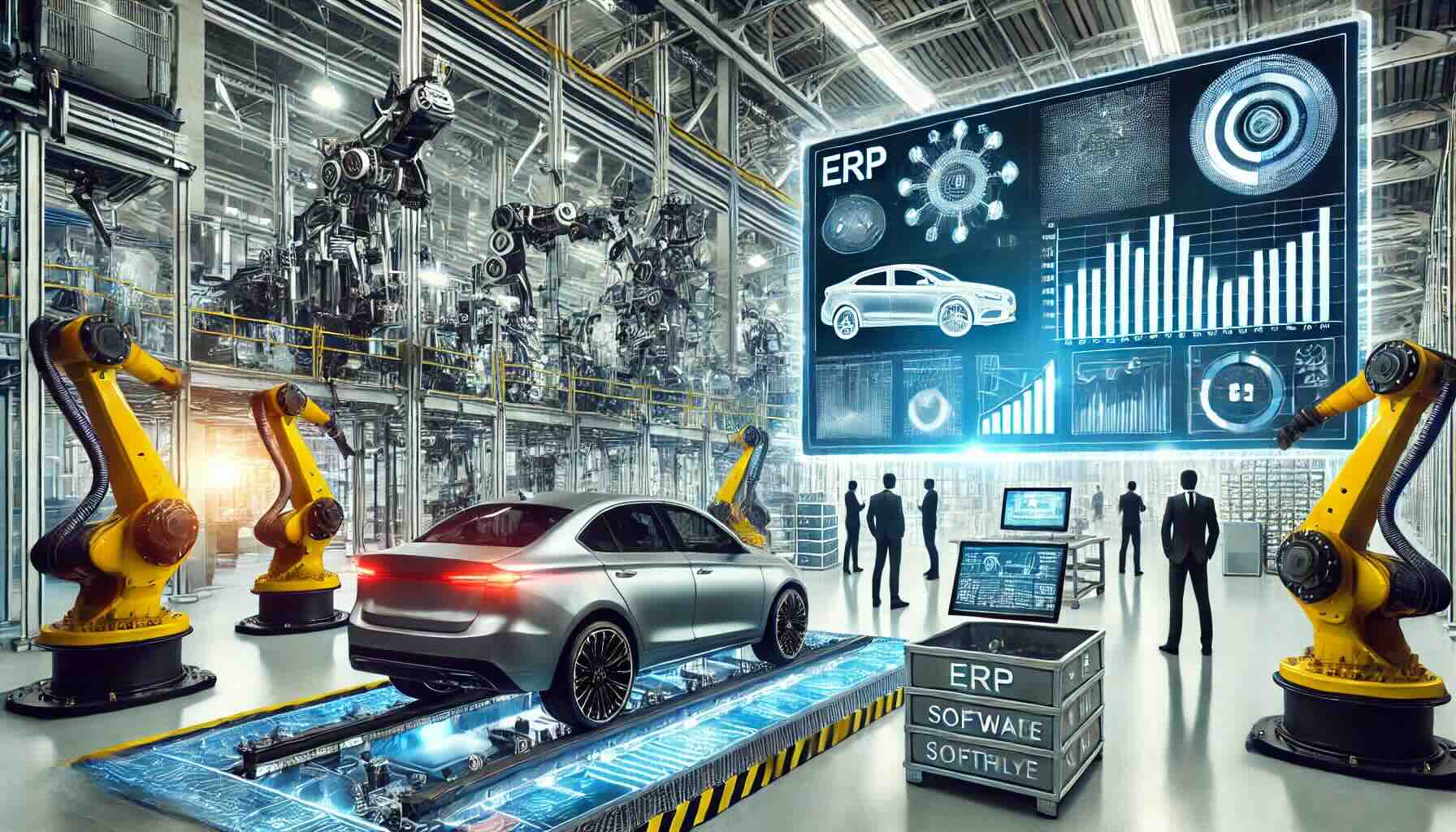Oracle vs SAP for Casinos: Which ERP is the Better Bet?
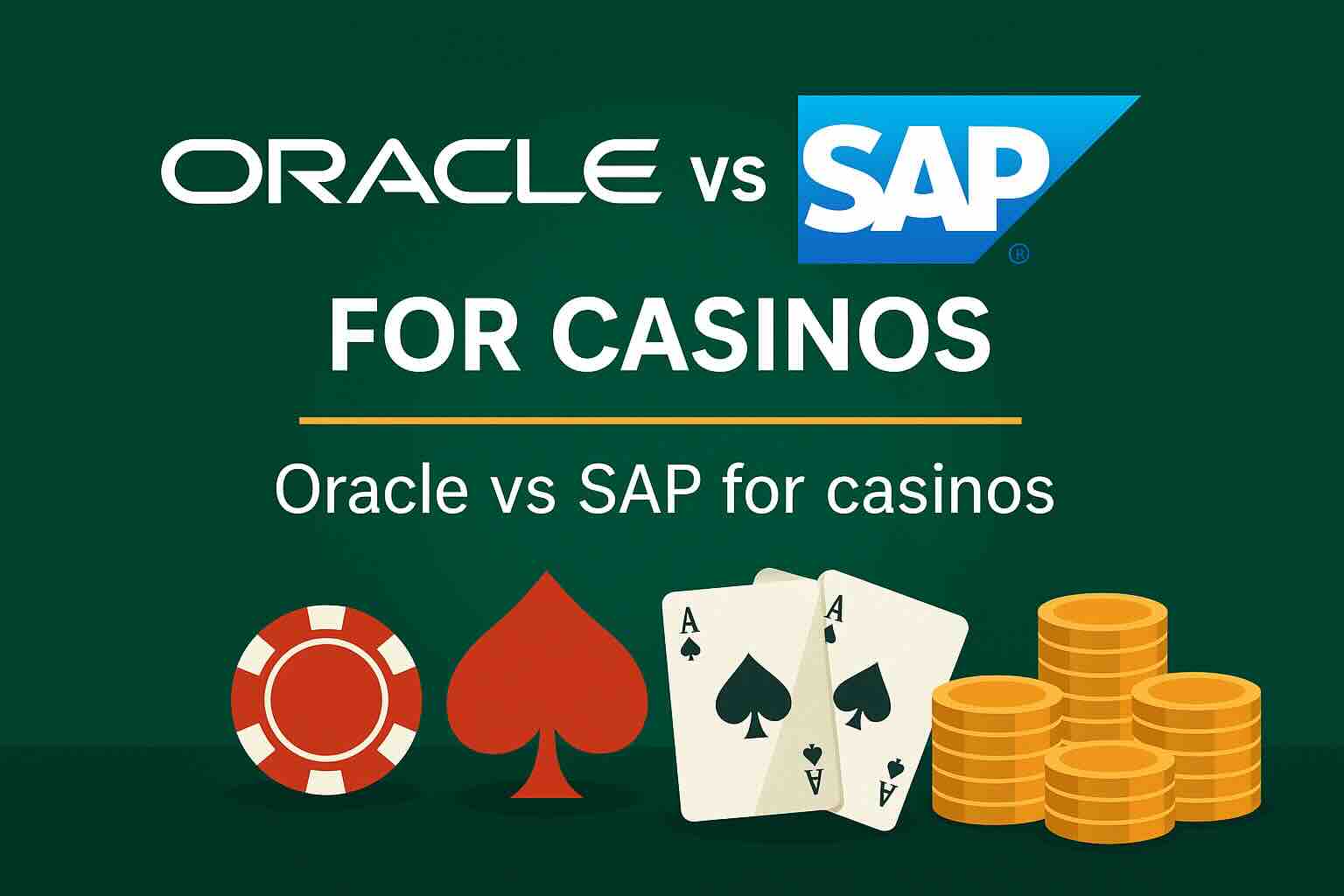
In the high-stakes world of casinos, operational efficiency, regulatory compliance, and real-time data insights are critical. Enterprise Resource Planning (ERP) systems help streamline these functions, making platforms like Oracle and SAP integral to the gaming industry. But when it comes to Oracle vs SAP for casinos, which system provides the winning hand? This article compares the two ERP giants based on functionality, industry adaptability, scalability, and more—tailored specifically to the needs of casinos and gaming operations.
Industry Requirements for Casino ERP Systems
Casinos operate in a complex environment that combines hospitality, entertainment, and financial services. An effective ERP for casinos must support:
-
Real-time reporting and analytics for gaming floor performance and financial audits
-
Strict regulatory compliance with gaming authorities and tax agencies
-
Integrated hospitality management including hotel, food & beverage, and loyalty programs
-
Scalable architecture to support multi-location operations
-
Robust security to safeguard financial and personal data
Now, let’s explore how Oracle and SAP perform against these casino-specific needs.
Oracle for Casinos
Strengths
Oracle offers a suite of cloud-based solutions tailored to hospitality and entertainment industries. Its products, such as Oracle Hospitality and Oracle Cloud ERP, have been adopted by large casino chains worldwide.
Oracle’s unified cloud ecosystem allows casinos to manage everything from gaming to reservations on a single platform. Its advanced analytics capabilities provide deep insights into player behavior, machine performance, and revenue trends—critical data points for optimizing operations. Additionally, Oracle’s infrastructure is built with compliance in mind, meeting standards like GDPR, PCI DSS, and various gaming regulations.
Integration is another strong point. Oracle easily connects with third-party systems such as gaming machines, point-of-sale systems, and surveillance technologies, providing a centralized view of all operational data.
Weaknesses
One of the biggest drawbacks of Oracle for casinos is cost. It can be expensive, especially for smaller operations or those early in their digital transformation. Additionally, full-suite deployment of Oracle ERP can be complex and may require extended timelines and specialized implementation support.
To find out more about Oracle Cloud you can visit this link.
SAP for Casinos
Strengths
SAP, with its S/4HANA suite and Business Technology Platform, offers powerful ERP capabilities that can be tailored to fit the needs of casinos.
SAP’s standout feature is its real-time data processing, enabled by its in-memory database architecture. This is invaluable for casino operations where transaction speed and data visibility are crucial. SAP also excels in financial controls, compliance, and risk management—areas that are highly scrutinized in the gaming industry.
Another advantage is its customizability. SAP can be adapted to unique casino workflows, including VIP guest tracking, loyalty rewards, and multi-property financial consolidation. For international casino groups, SAP offers robust tools for managing operations across multiple jurisdictions with varying regulatory requirements.
Weaknesses
SAP’s high degree of flexibility often comes with a trade-off in complexity. Customization can drive up costs and lengthen implementation time. Furthermore, SAP’s user interface tends to be more complex, requiring more in-depth training for staff to use the system effectively.
To find out more about SAP you can visit this link.
Oracle vs SAP for Casinos: Key Considerations
When evaluating Oracle vs SAP for casinos, several key factors emerge:
Real-Time Data: Both platforms support real-time insights, though Oracle focuses more on user-friendly dashboards while SAP delivers power through its in-memory processing.
Compliance and Financial Controls: SAP has a slight edge in this category, offering granular financial and auditing tools that align well with gaming regulations across various jurisdictions.
Hospitality Integration: Oracle has a clear advantage here, with Oracle Hospitality providing native support for hotel, food, and beverage operations—ideal for casino resorts.
Customization Needs: SAP is often favored when highly specialized workflows are required, while Oracle’s out-of-the-box capabilities better suit casinos looking for quicker deployment with standard processes.
Cloud Infrastructure: Both platforms offer mature cloud solutions, but Oracle’s fully unified ecosystem may appeal more to casinos aiming for a single vendor environment.
Cost and Complexity: Both solutions are investments, but Oracle may have a higher upfront cost, while SAP can become expensive through prolonged customization efforts.
Real-World Use Cases
A major Las Vegas casino group transitioned to Oracle Cloud ERP and Oracle Hospitality to unify their gaming, hotel, and finance systems. The outcome was a 25% boost in operational efficiency and reduced IT overhead, thanks to integrated cloud solutions.
Meanwhile, an international casino-resort chain adopted SAP S/4HANA to streamline financial reporting across multiple regions. SAP’s compliance features helped them meet diverse regulatory standards and accelerated their audit processes by 40%.
Conclusion
The ERP system a casino chooses can significantly impact its ability to compete, comply, and innovate. Both Oracle and SAP offer powerful capabilities, but their strengths cater to different needs. Oracle shines in hospitality integration and unified cloud environments, making it ideal for entertainment-driven resorts. SAP excels in financial oversight, customization, and international scalability – perfect for complex, multi-property operations.
Still unsure which ERP is right for your casino? Find the perfect solution in minutes. Our AI-powered Compare ERP tool lets you quickly explore and evaluate ERP systems tailored to your specific requirements. In less than five minutes, you’ll receive a personalized recommendation based on your business priorities. With millions of data points analyzed across 100+ ERP solutions, we deliver your top three options – fast, free, and focused.
Take the first step toward streamlined operations and greater productivity – start comparing today and make the smart move for your casino’s future.
